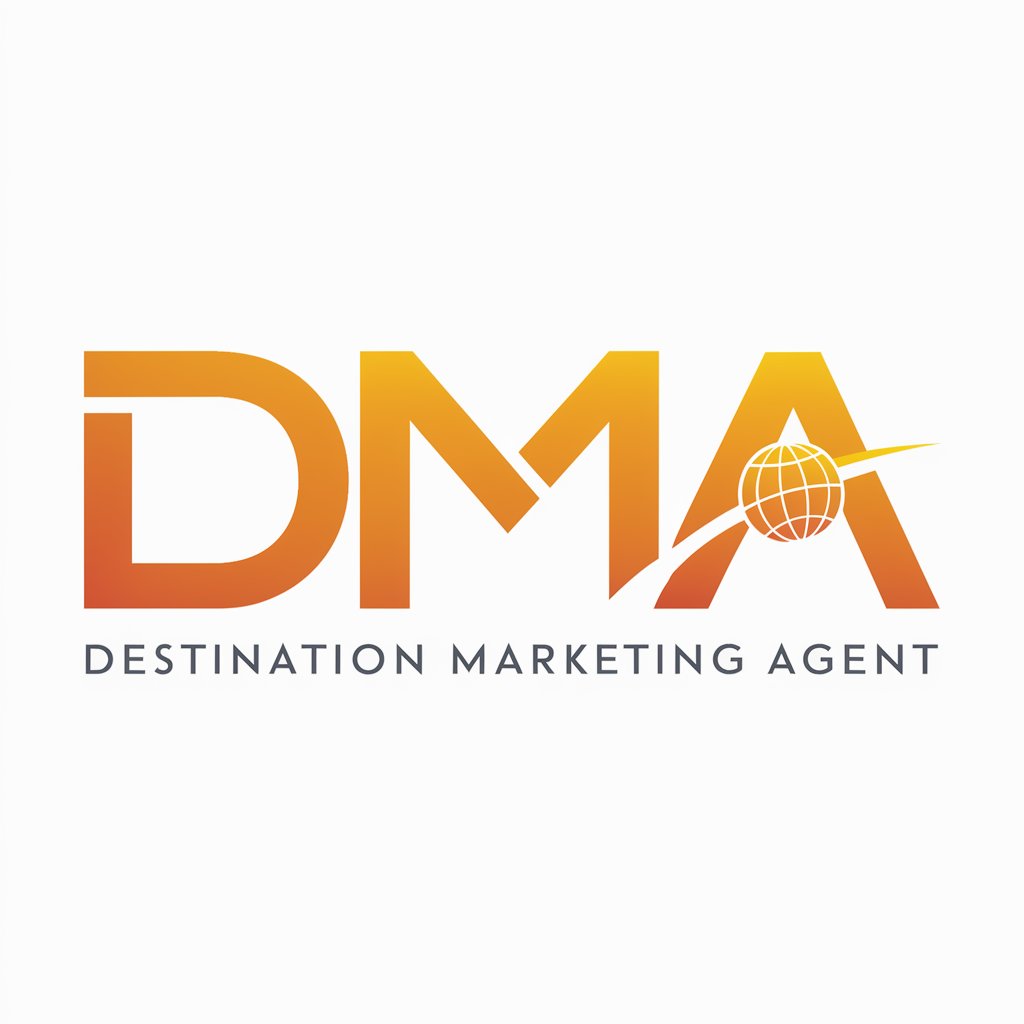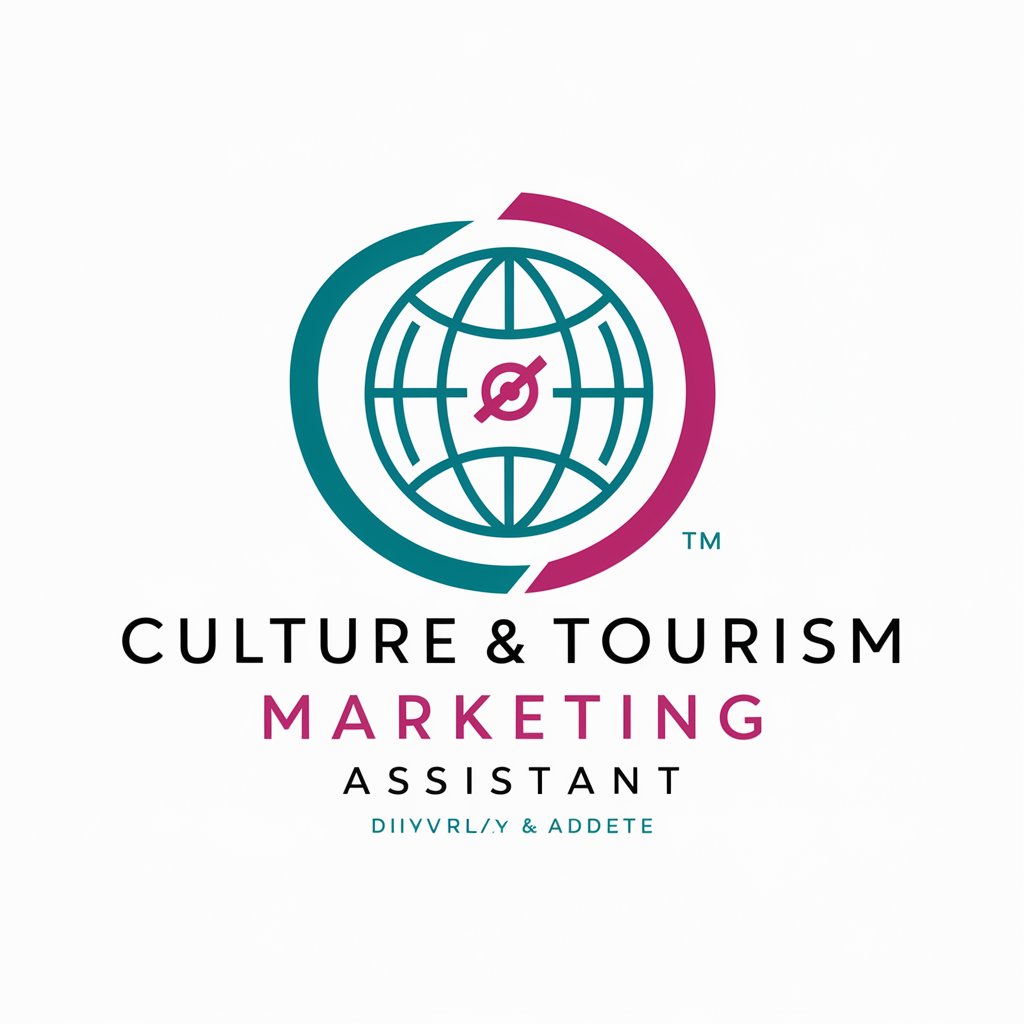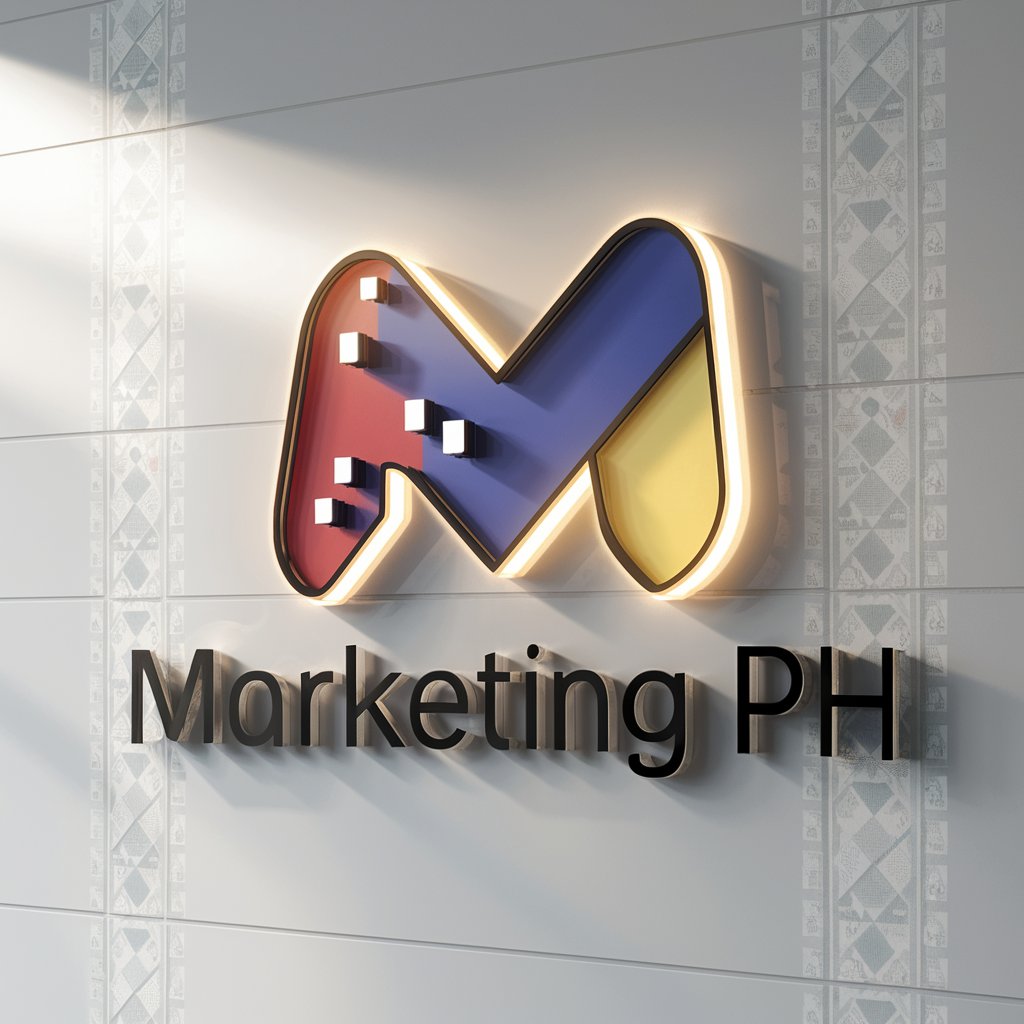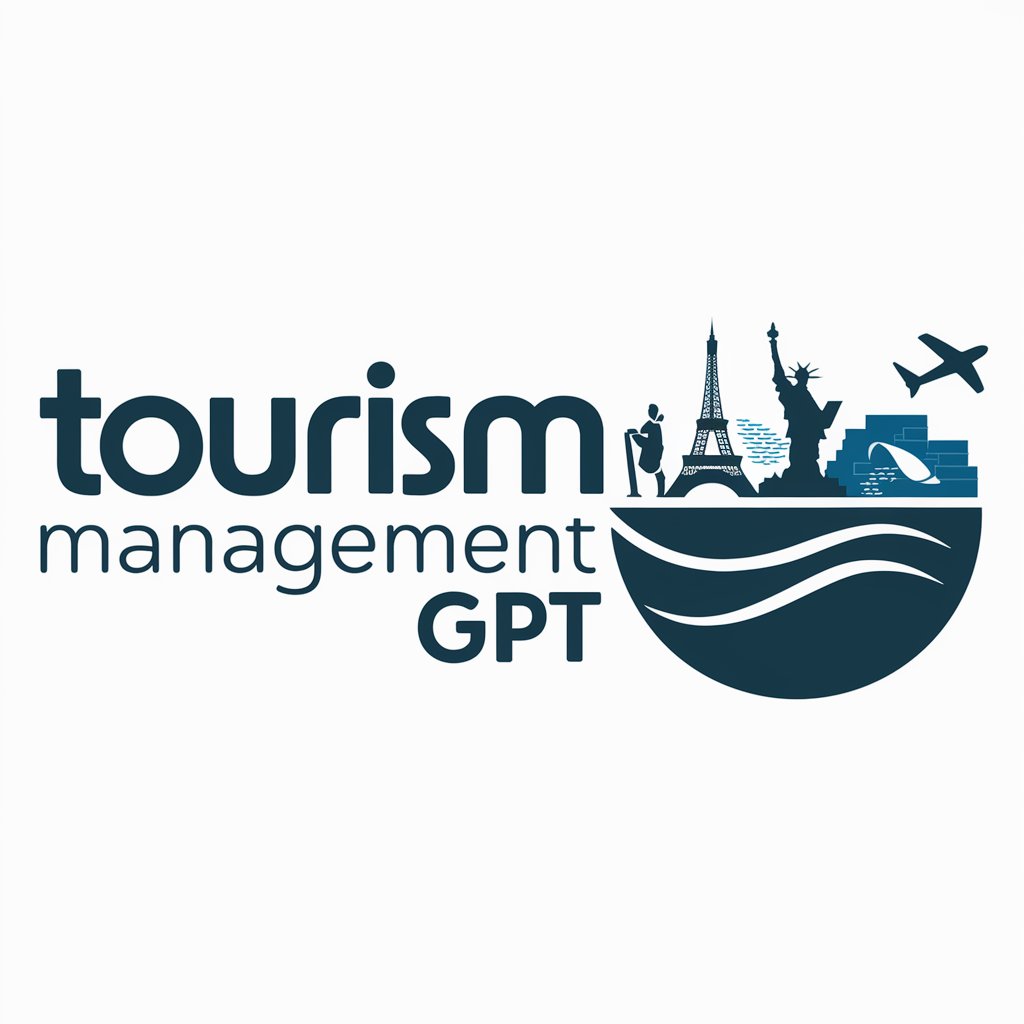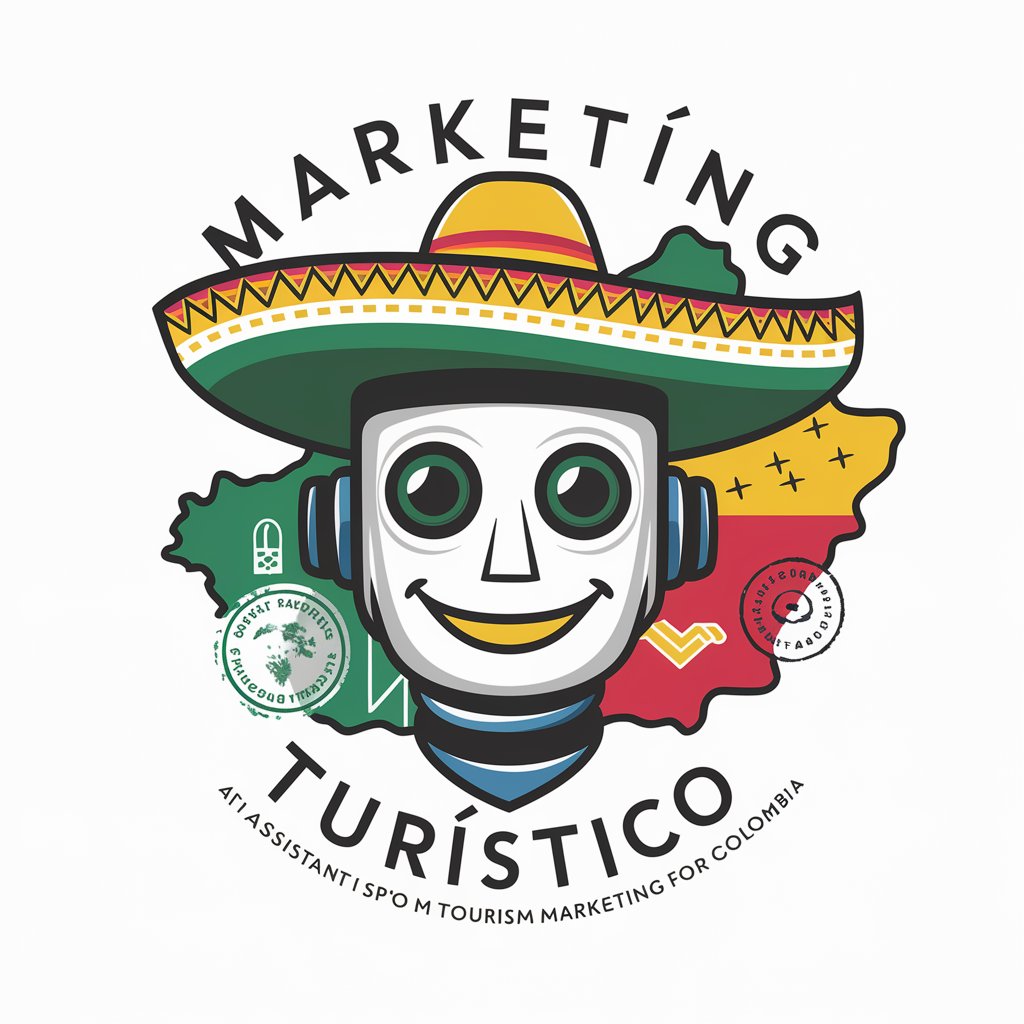
Tourism Marketing - Tourism Marketing Insights
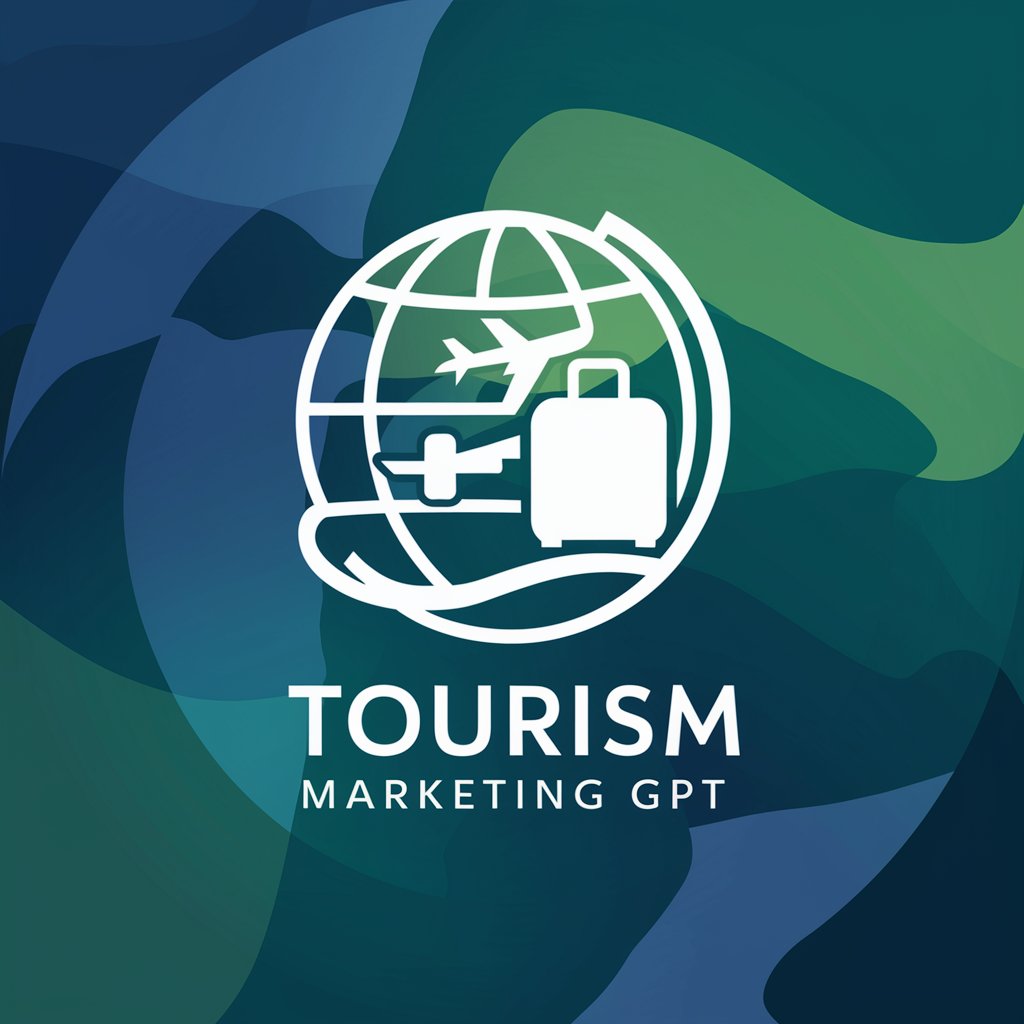
Welcome! Ready to elevate your tourism marketing game?
Elevating travel experiences with AI
Explore the top marketing strategies for attracting tourists to...
Discover the hidden gems and must-visit attractions in...
Learn how to leverage social media for promoting...
Uncover the latest trends in tourism marketing and how they can benefit...
Get Embed Code
Introduction to Tourism Marketing
Tourism Marketing is a specialized field aimed at promoting travel destinations, services, and experiences to attract tourists and travelers. This form of marketing focuses on highlighting the unique features, attractions, and cultural elements of destinations to create interest and stimulate travel demand. It encompasses a broad range of activities, including market research, branding, advertising, content creation, social media marketing, and partnership development. For example, a tourism marketing campaign might involve creating engaging content about a city's hidden gems and historical sites, then sharing this content across various platforms to reach potential visitors. Another scenario could involve collaborating with travel influencers to showcase a destination's unique experiences, such as culinary tours, adventure sports, or cultural festivals, to their followers. Powered by ChatGPT-4o。

Main Functions of Tourism Marketing
Brand Development and Management
Example
Creating a strong, attractive brand for a destination, like 'Incredible India', which encapsulates the country's diverse culture, heritage, and landscapes to appeal to international tourists.
Scenario
This involves designing a comprehensive branding strategy that includes logos, taglines, and a unified message that communicates the essence of the destination. It also involves ongoing management to ensure the brand's integrity and appeal over time.
Digital Marketing and Social Media Engagement
Example
Utilizing platforms like Instagram and TikTok to showcase breathtaking visuals of the Northern Lights in Norway, targeting millennials and Gen Z who prefer experiential travel.
Scenario
This includes creating and sharing engaging content, using hashtags to increase visibility, collaborating with influencers, and running targeted ad campaigns to reach potential visitors based on their interests and behaviors.
Partnership and Collaboration
Example
Collaborating with airlines, hotels, and tour operators to offer bundled travel packages for a beach festival in Bali, providing value and convenience to travelers.
Scenario
This function involves identifying and establishing partnerships with other businesses in the travel ecosystem to create synergies, co-marketing opportunities, and comprehensive travel experiences that attract more visitors.
Market Research and Consumer Insights
Example
Conducting surveys and analyzing data to understand the preferences of families traveling to Europe, leading to the development of family-friendly travel itineraries and marketing materials.
Scenario
This involves collecting and analyzing data on consumer preferences, travel trends, and market dynamics to inform marketing strategies, product development, and target market identification.
Ideal Users of Tourism Marketing Services
Destination Marketing Organizations (DMOs)
DMOs, such as tourism boards and convention bureaus, are primary users of tourism marketing services. They benefit by effectively promoting their destinations to increase visitor numbers, enhance destination image, and stimulate economic development.
Hospitality and Travel Businesses
Hotels, resorts, airlines, and tour operators use tourism marketing to attract guests and customers. By leveraging marketing services, they can differentiate their offerings, reach target markets, and increase bookings and revenue.
Event and Festival Organizers
Organizers of cultural, music, and sports events use tourism marketing to attract attendees, both local and international. Effective marketing increases event visibility, supports ticket sales, and enhances the overall appeal of the event as a travel destination.
Government and Economic Development Agencies
These entities use tourism marketing to support broader economic goals, such as job creation, diversification, and sustainable development. By attracting tourists, they can stimulate local economies and support community development.

How to Utilize Tourism Marketing Effectively
1
Begin by accessing yeschat.ai for an initial experience without the necessity for account creation or subscribing to ChatGPT Plus.
2
Identify your target audience and travel trends. This includes understanding demographics, preferences, and the latest tourism statistics to tailor your marketing efforts effectively.
3
Leverage social media and content marketing. Create engaging, high-quality content that showcases your destination or service, utilizing platforms where your target audience is most active.
4
Utilize data analytics to measure the success of your marketing campaigns. Track engagement, conversion rates, and customer feedback to refine your strategies.
5
Engage with your audience through personalized communication. Utilize email marketing, feedback surveys, and direct interactions to build relationships and enhance customer satisfaction.
Try other advanced and practical GPTs
Project Guide
Optimizing Project Success with AI
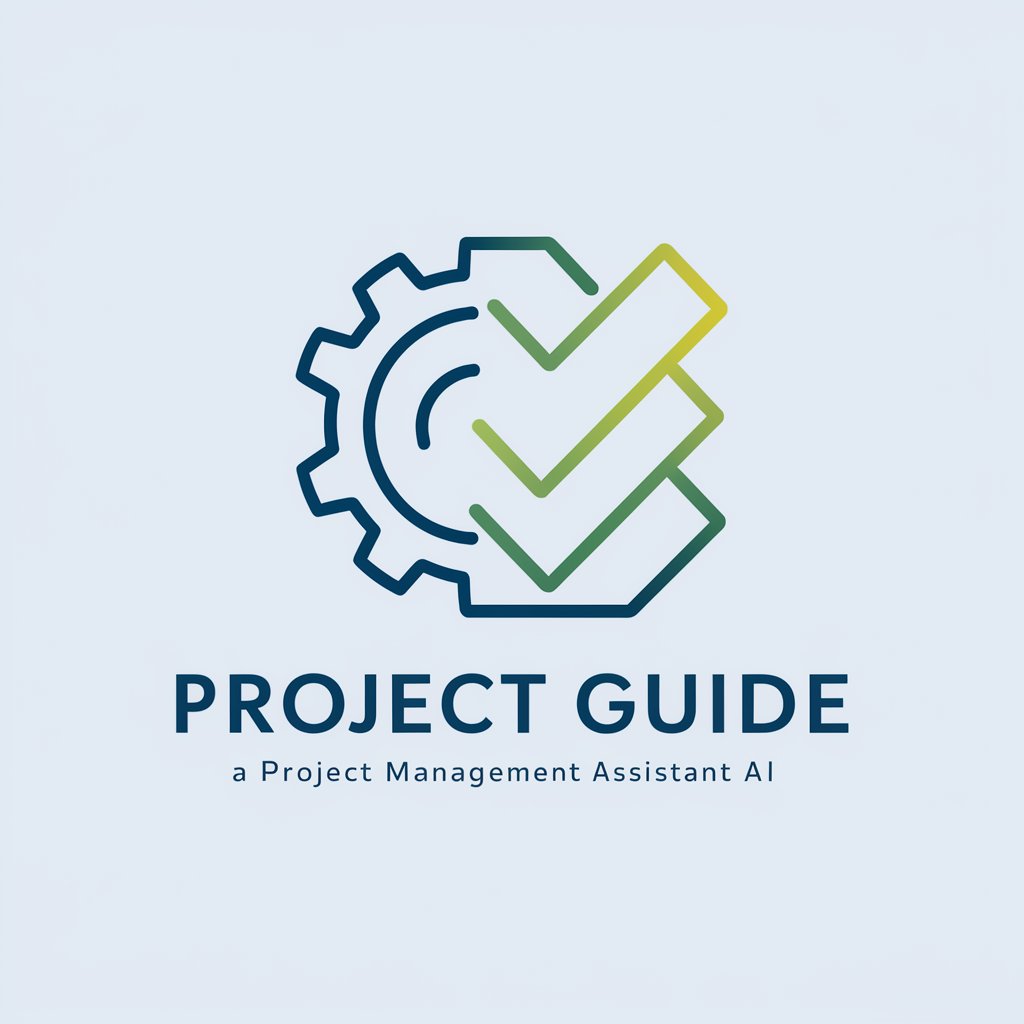
Figma Pro
Elevate design with AI-driven Figma Pro

Email Wizard
Craft personalized emails effortlessly with AI.

Cotizador
Simplify quoting with AI-powered precision
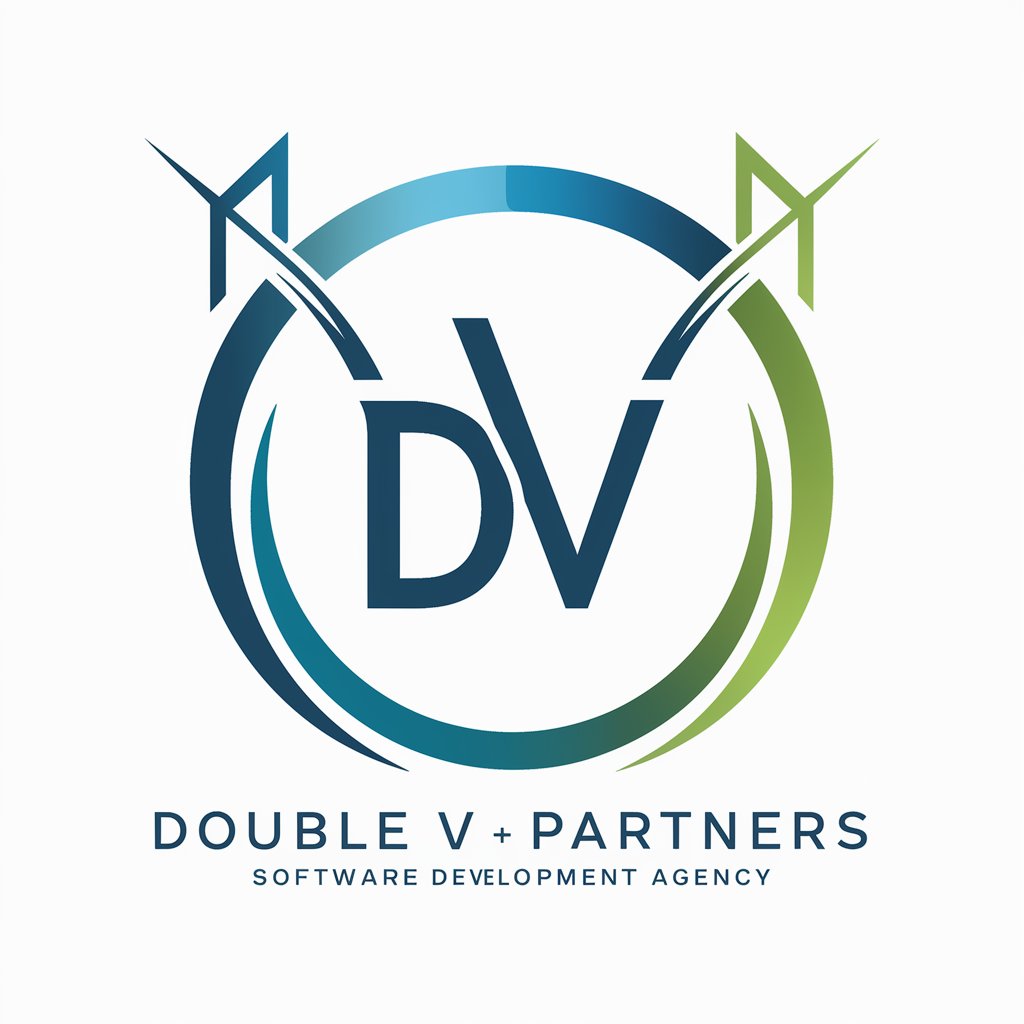
Executive Email Hunter
Unlock C-level connections with AI-powered precision.

Email Address
Unveiling Emails with AI Precision
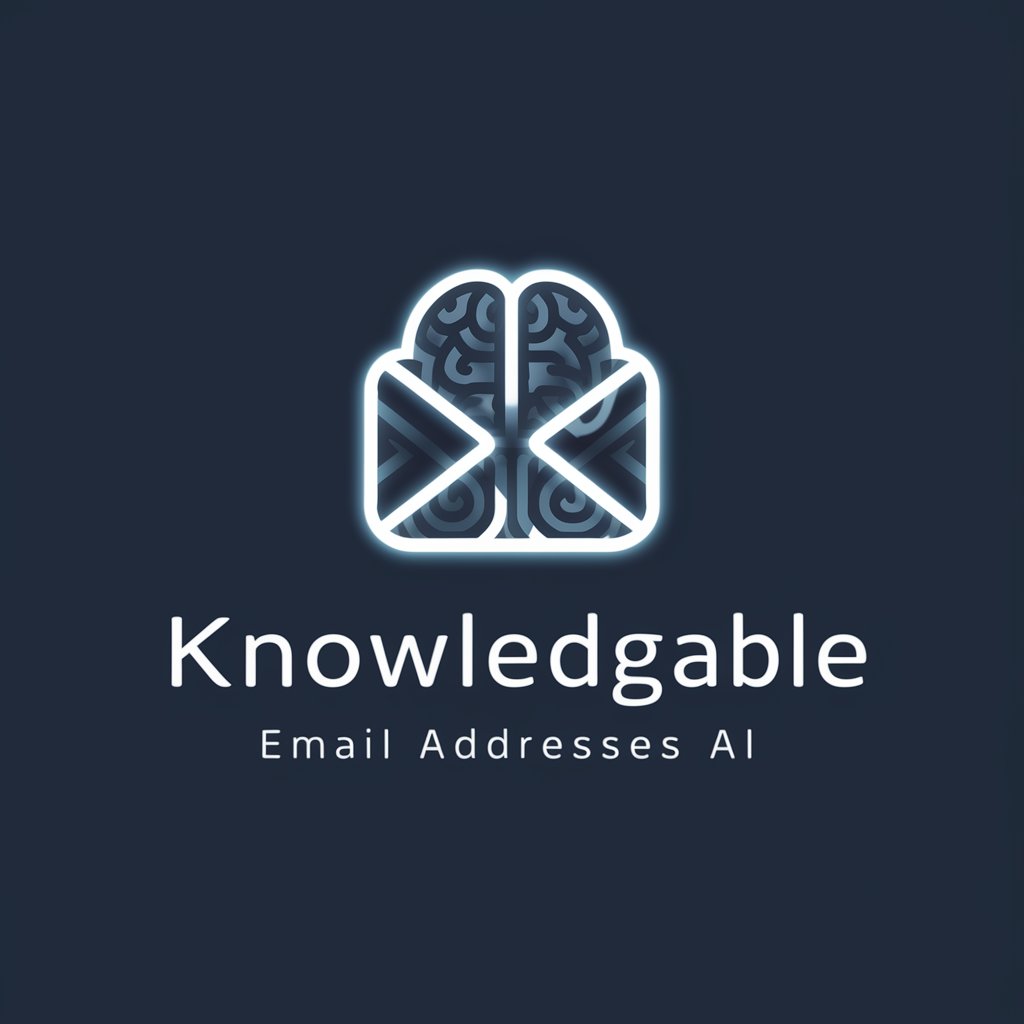
GCP Master
Unlock GCP Potential with AI
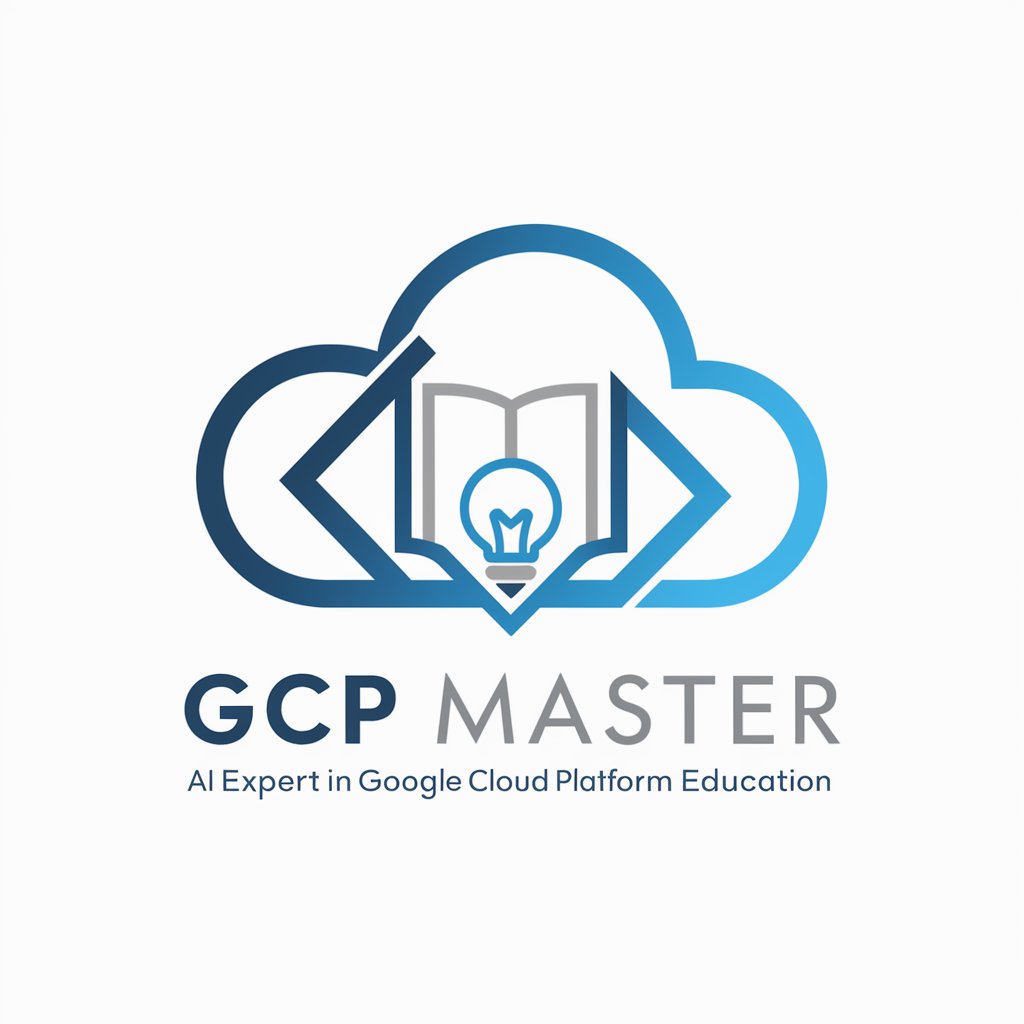
Financial Navigator
Empowering Financial Decisions with AI

Pakar Jawaban
Empowering Inquiries with AI Insight

Math Quiz Master
Elevate Your Math Skills with AI

The Guided Writer
Craft Your Story with AI Precision

Viết Kịch Bản
Script your game's story with AI.

Frequently Asked Questions about Tourism Marketing
What is the role of AI in Tourism Marketing?
AI plays a critical role in tourism marketing by personalizing customer experiences, optimizing pricing strategies, providing insights through data analysis, and automating customer service and marketing campaigns.
How can I target the right audience for my tourism business?
Identify your audience by analyzing market trends, customer preferences, and demographic data. Use social media insights, customer feedback, and analytics tools to refine your targeting strategy.
What are the best platforms for promoting tourism services?
The best platforms vary based on your target audience but typically include social media (Instagram, Facebook, YouTube), travel blogs, and email marketing for direct engagement.
How can I measure the success of my tourism marketing campaigns?
Measure success through key performance indicators (KPIs) like website traffic, conversion rates, social media engagement, and customer feedback. Tools like Google Analytics and social media analytics are invaluable.
Can Tourism Marketing help with crisis management?
Yes, by providing tools and strategies for effective communication, customer engagement, and reputation management, tourism marketing can help navigate and mitigate crises affecting the travel industry.
